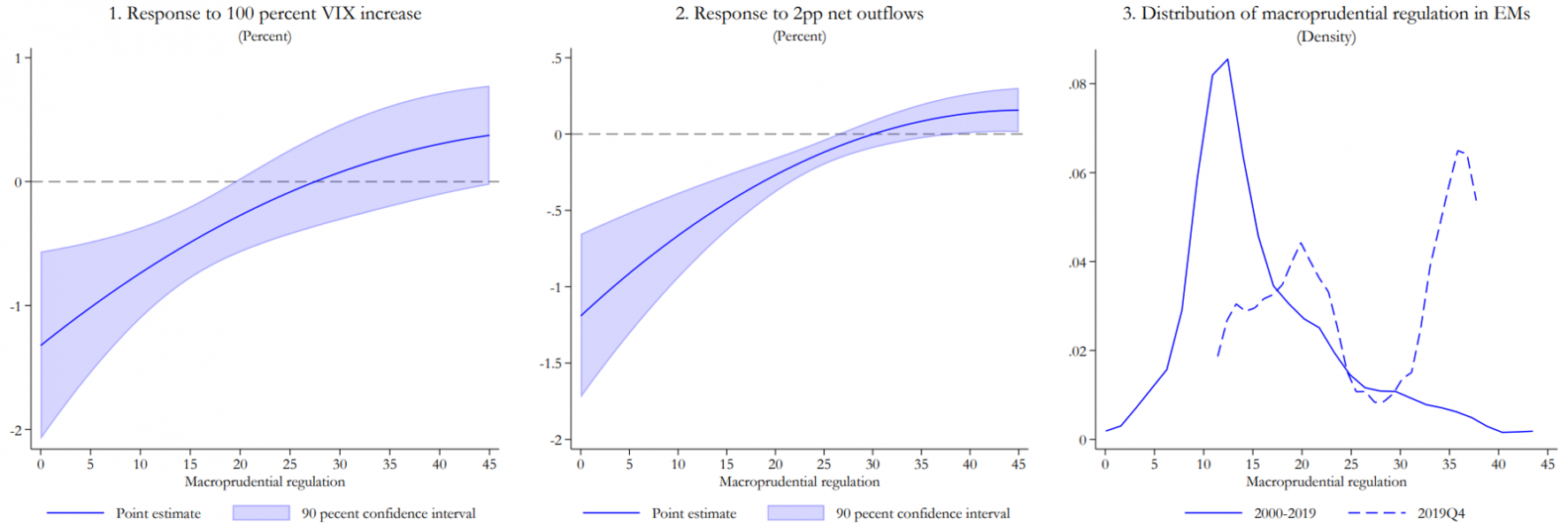Niels-Jakob H. Hansen is an Economist in the IMF’s Western Hemisphere Department covering Ecuador. Previously he was in the World Economic Studies Division of the Research Department contributing to chapters of the World Economic Outlook. He also worked in the Asia Pacific Department and Finance Department, and has participated in missions to Korea, Cambodia, Czech Republic, and San Marino. He has also worked on issues related to Fund finances. His research interests include monetary and labor market issues, and has published in the Review of Economic Studies, IMF Economic Review, Labor Economics, Journal of Health Economics, and Journal of Economic Inequality. He holds a Ph.D. in Economics from the Institute for International Economic Studies at Stockholm University, an MPhil in Economics from University of Cambridge, and an MSc in Economics from University of Copenhagen (cand polit).








